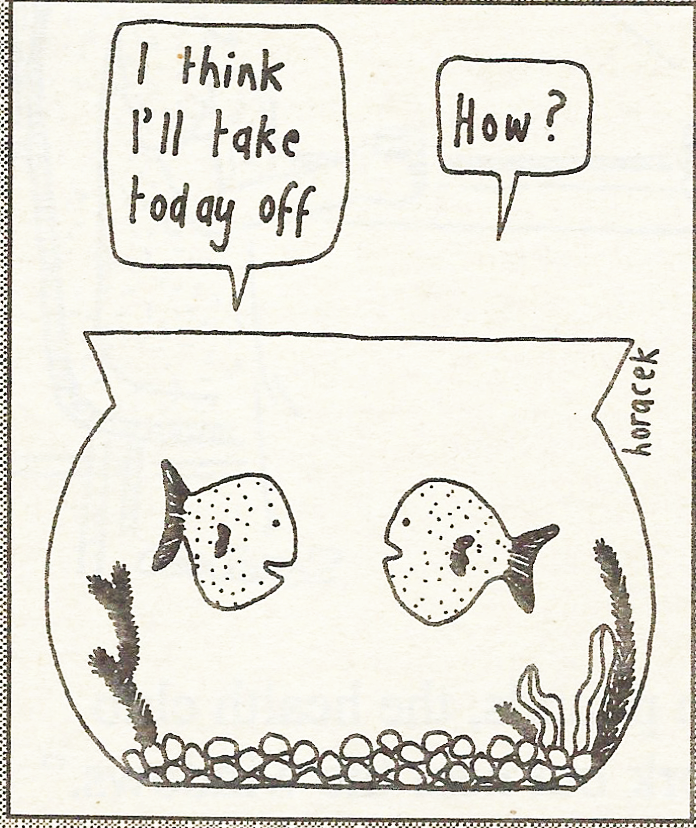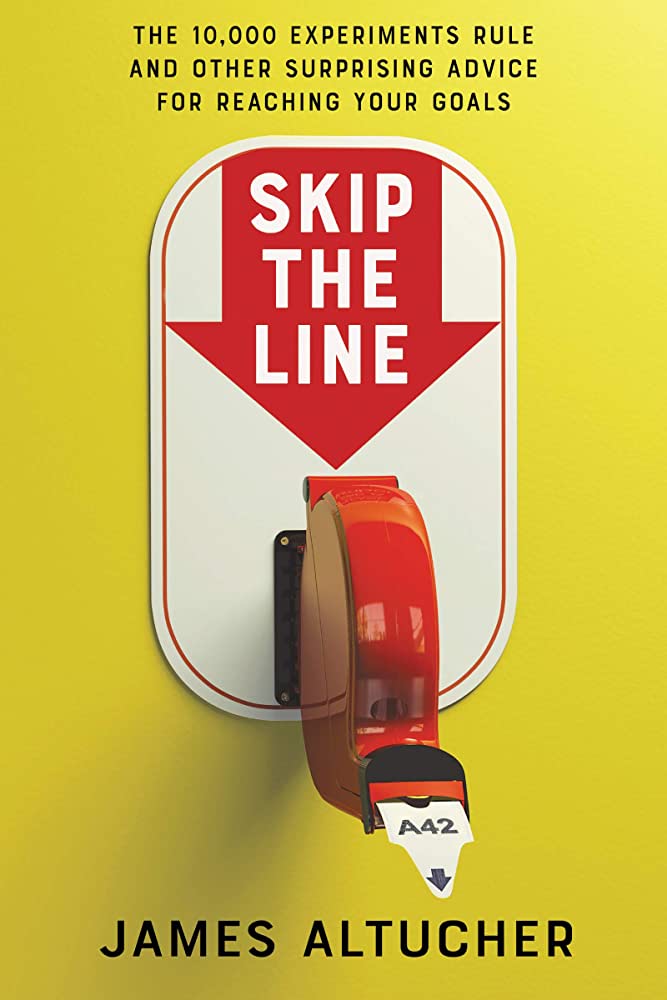LEARN A LITTLE:

Welcome to Our OOL
It’s interesting the way our minds work and the things that catch our attention. The reasons are many, among them different sights, sounds or smells, and each of us is unique in how we react to or experience them.
Sirens, for example, may invoke fear for some individuals, especially speeders, or those people living in tornado territory. Or the smell of a backyard barbeque may waft across our porch and cause us to think about how hungry we are.
And then there is sight. Our ability to see is truly the playground of advertisers and marketers. We all know that from TV, social media, magazines, journals and billboards. For instance, designers of these visuals learned long ago that viewers respond better when a handsome man or beautiful woman is included in the visual medium. It is obvious that their success is all about attracting the attention of others.
These thoughts would be incomplete of we didn’t mention our Reticular Activating System (RAS). This is the part of the brain that helps focus our attention, what we attend to. It is also that part of the brain responsible for the well known fight or flight response.
Some scientists describe the RAS as a filter that processes your typical or familiar sensory experiences so that they don’t trigger a response—everything remains status quo. However, when something unexpected appears or occurs, the RAS is activated and draws our attention to that event.
Once again, advertisers and marketers are hoping for RAS “red alerts.” This then leads to the importance of noticing as an attention directing mechanism. The emergence of noticing via a new experience registers with us and so we give it more attention.
In some research findings, individuals with a stronger need to experience novel experiences than others have a longer life span. Maybe that’s why everyone tells us to look outside of the box—everyone, that is, except for cat owners.
So this brings me back to “OOL” and my efforts to understand why I enjoyed this word so much. And no, I don’t associate “out of luck” with it, either.
Here’s what happened. I was walking down a path and came across a large back yard area that had a big sign bolted on a wrought iron gate. Here’s what it read:
Welcome to our OOL.
Notice: There’s no P in it.
We would like to keep it that way.
I liked it because it was funny and novel, and I had never seen it before. My RAS fired up, I laughed, and I hope you will, too.
Have a great summer.
LAUGH A LITTLE:

REFLECT A LITTLE:

Proverbs 19:20
Get all the advice and instruction you can,
so you will be wise the rest of your life.
READ A LITTLE:

Skip the Line
James Altucher (Ebury Edge, 2021)
Skip the Line, published in 2021 by noted podcaster, entrepreneur and business owner, James Altucher, offers the reader a wide range of creative ideas and approaches pertinent not only to the business world, but to life in general. One of his earlier books, The Power of No, was a well-received bestseller—another I would recommend.
Skip the Line opens with Altucher describing an experience when someone told him, “You can’t do that.” Many of us can relate to his response. The author’s advice is straightforward: Listen to your own voice and take the risk. It’s important that you follow your goals and purpose rather than the goals of others. No doubt there will be moments of anxiety, self-doubt and insecurity, but if you are committed, it is possible that “You can do that.” The author tells you how.
The next 20 chapters, while brief, describe Altucher’s orientation as he seeks to live the good life. Many of these tools, teachings and skills were learned the hard way, from his own personal failures, but the goal was always there—to live each day as if it might be his last.
What follows are some of the insights that resonated with me.
- There is no such skill as “business,” “entrepreneurship” or “investing.” Not even “software development,” “chess” or “writing” are an isolated ability. Any skill worth getting good at is really a collection of microskills.
- Think of book authors as virtual mentors. Thus, it is wise to read, study and take notes. It is amazing what you can learn.
Three questions will help us find our way:
- Who are we?
- Why are we?
- Why not?
Such self-awareness will allow us to flourish in life’s journey.
Note: An invasive thought accompanied this discussion: “You will have more than one purpose in your life.”
I’m still thinking about that observation.
- It’s not always possible to be happy all the time, but it is possible to strive for contentment and well-being as much as you can.
- I especially enjoyed Chapter 11, which was on frame control. It unfolds many useful insights, including the importance of establishing trust, the critical nature of persuasion and using words that come from the heart. Here’s a great question to ask when interacting with others: “Can you walk me through your reasoning here?” It is a question that clearly reduces
- Life is to be lived, not sold.
- “And it’s hard to move forward if all you do is look back. I have to have hope, something to latch onto that carries me into the next day with excitement and joy.”
Until next time,
Art Dykstra
Purchase this and other recommended books at your local bookstore or through the HighTidePress.org bookstore.
All High Tide Press sales benefit persons with disabilities.
Cherry Hill Consulting Group and High Tide Press
are Visions of Trinity Foundation - 101 Hempstead Place, Joliet, IL 60433


